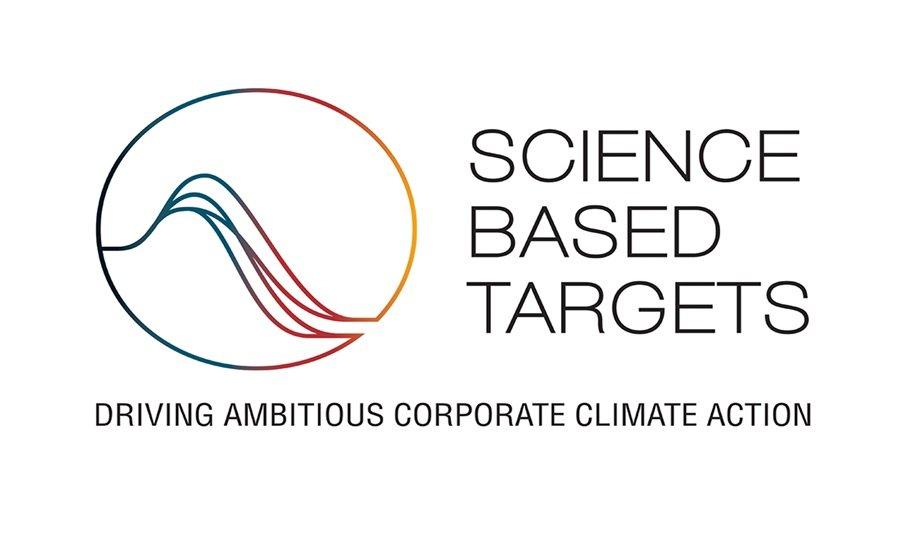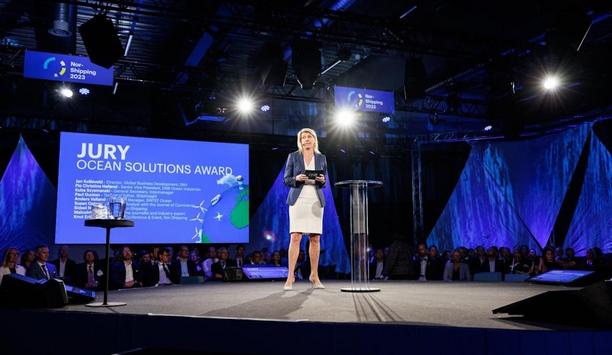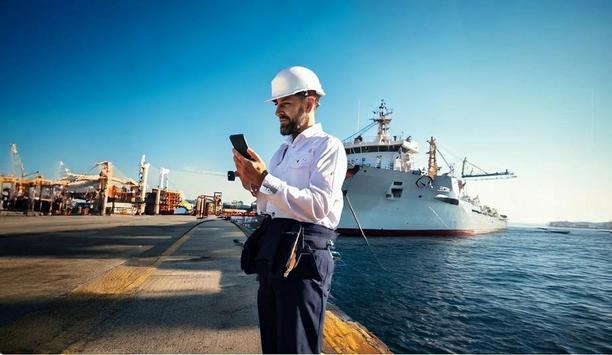Serco, the provider of services and support to governments internationally, has announced it has received validation from the Science Based Targets Initiative (SBTi), meaning its greenhouse gas (GHG) emissions reduction targets meet the SBTi’s criteria and recommendations.
Science-Based Targets Initiative
The SBTi is a global organisation that sets out and promotes best practices in emissions reductions and Net Zero targets, while independently assessing companies’ targets.
Science-based targets enable companies to play their part in combating the climate crisis, helping prevent the worst impacts of climate change by limiting global heating to 1.5°C.
Net Zero emissions by 2050
SBTi has approved Serco's targets and classed target ambition as in line with a 1.5°C trajectory
In 2023, Serco announced its commitment to reach Net Zero emissions by 2050. After submitting its science-based targets in 2024, the SBTi has approved Serco's targets and classed target ambition as in line with a 1.5°C trajectory.
Serco’s science-based targets for reducing emissions include the following:
Overall Net Zero Target
- Reach Net Zero GHG emissions across the value chain by 2050.
Near-Term Targets
- Reduce scope 1 and 2 GHG emissions by 46% by 2030 from a 2022 base year.
- Reduce scope 3 GHG emissions from fuel and energy-related and business travel by 25% by 2030 from a 2022 base year.
- 95% of suppliers [by emissions] are to have science-based targets in place by 2028.
Long-Term Targets
- Reduce scope 1 and 2 GHG emissions by 95% by 2050.
- Reduce scope 3 GHG emissions by 90% by 2050.
Scope 1 emissions are generated directly by an organisation and its operations, from sources it owns or controls.
Scope 2 emissions are generated indirectly by an organisation, such as through buying electricity or energy for heating and cooling buildings.
Scope 3 emissions are generated by activities up and down the corporate value chain such as purchased goods and services, employee commuting, and business travel.
Climate change
Mark Irwin, Serco Group Chief Executive, commented, “Validation of our targets by the SBTi marks an important milestone in our decarbonisation journey. We are committed to our Net Zero goal and are increasing our efforts to deliver rapid and deep emissions reductions to support halving global emissions before 2030 and achieving Net Zero before 2050."
“As the partner of choice to governments, Serco plays an important role in supporting our customers to tackle climate change. We will continue to work with our value chain partners on decarbonisation initiatives consistent with our purpose to impact a better future for People, Place, and Planet.”











